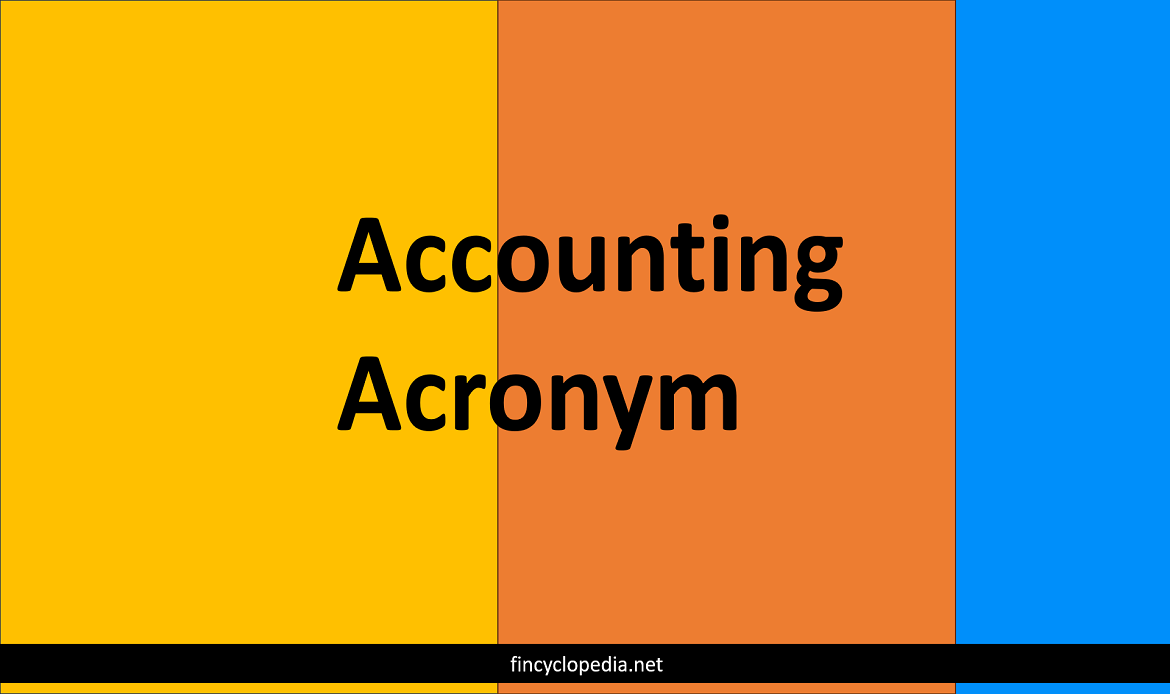An asset (intangible asset) whose value is reflected in the amount by which the assets of an entity exceed their collective book value. Goodwill embodies the future economic benefits that are, or can be, produced from a group of assets acquired in a business combination that cannot be individually identified and separately recognized.
Generally speaking, it is calculated as the difference between an entity’s purchase or sale price minus its book value:
Goodwill = purchase price – book value
Where: the purchase price represents the value of net assets should an entity owning these assets be offered for sale. This price, by nature, is the current market value of the entity.
With a more microscopic look, three components of goodwill can still be identified:
- the difference between the book value of net assets and their current market value;
- the value of growth assets; and
- the premium over value that corresponds to real or perceived synergy (from the perspective of an acquirer).
However, given the limited usefulness of book value in measurement, calculation of goodwill may often go beyond book value as an input. In practice, book value is usually replaced with a better accounting measure of value- i.e., the fair value:
Goodwill = purchase price – (fair value of assets – liabilities)
Where fair value refers to that of both tangible and intangible assets.




